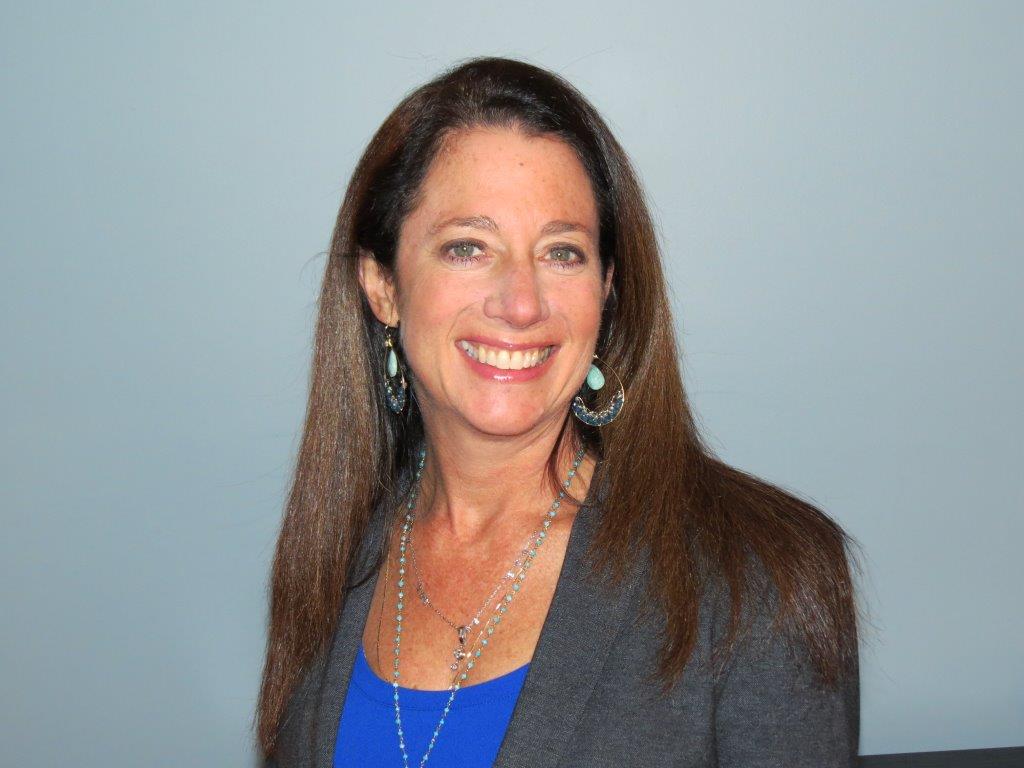
Leadership development is critical for any congregation that expects to thrive now and in the future. An excellent and effective leadership development program includes elements of both skill-building and learning about the congregational community, providing emerging leaders with opportunities to explore and develop in these areas. Every leader, new or veteran, must learn about and reflect upon certain overarching principles to prepare for a congregational leadership role. The URJ has created a resource of self-guided modules that can serve as the basis for a congregational leadership development program. Topics in the URJ Emerging Leaders Resource include mission and vision, leadership skills, personal leadership style, and goal setting, all presented through the lens of Jewish texts and values.
Though you might think the most critical components of the program would be in the list of topics to be studied, the most fundamental elements in any congregational leadership development efforts revolve around three reflective questions that should be explored and addressed regularly.
- “What is my connection to my congregation?”
Although everyone in a leadership development program likely understands their connection, when asked, most people offer a list of experiences that make them feel connected. Leaders need to be able to tell a story – their story – about being part of the congregational community. That story is more than a series of events; it’s about the relationships built within a community that supports and nurtures souls. It’s about feeling uplifted when in pain and about sustaining others in times of need. It’s the ability to articulate this story that lies at the core of leadership development.
- “With whom can I partner?”
In Judaism, we take seriously the notion that we are not responsible for completing the work, but we cannot walk away from it either. Leaders must have partners in their work, and within the congregational setting; such partnerships contain an element of the sacred. At the URJ, we define sacred partnerships as follows:
When two people sit together and there are words of Torah between them, the Shechinah (Divine Presence) dwells among them. Pirkei Avot 3:2
A sacred partnership is a commitment to building and nurturing relationships that elevate the work of leadership to a level of holiness. Sacred partnerships recognize each of us as individuals and our desire to inspire sacred action in our communities. These partnerships are built and nurtured through Jewish values: mutual respect, trust, honesty, listening, communication, transparency, confidentiality, flexibility, and reflection.
Throughout a leadership development program, emerging leaders should be exposed to current leaders, both lay volunteers and professional staff, within the congregation, who will be potential sacred partners when they step into their new roles. Throughout their tenure, leaders should continue to explore the meaning of sacred partnerships, noting that the Jewish values listed in the definition above are necessary building blocks for sacred partnerships to strengthen the congregation.
- “What is my personal Torah of leadership?”
A “personal Torah of leadership” is a set of core values that guides an individual’s actions in leadership and daily life. These values will evolve throughout the course of one’s leadership journey, and through continued exploration of Jewish texts and values. Articulating a personal Torah of leadership through the framework of our sacred Jewish texts serves as a foundation to one’s leadership, helping define the holy in each leader’s work and the purpose in their actions.
Leaders should be able to articulate the core values central to their own leadership and use them as a guide when making decisions and directing programs or processes. They should not only view these values through a secular prism but also within a Jewish framework – and continue to define and refine this personal Torah of leadership throughout their participation in a leadership development program.
These three questions support a process of reflection that will prove valuable to all leaders, whether veterans or first-timers, and should be considered by anyone seeking to become a leader in our 21st century congregations.
The Union for Reform Judaism’s new Emerging Leaders Resource supports congregations seeking to create or improve a leadership development program. The URJ will host a training session for those interested in using the materials on Tuesday, May 16, at 8 p.m. Find more information and access the Emerging Leaders Resource.
Have something to say about this post? Join the conversation in The Tent, the social network for congregational leaders of the Reform Movement. You can also tweet us or tell us how you feel on Facebook.
Related Posts

Setting Your Leaders Up For Success

Civil Discourse – How to Facilitate Productive Conversations about Hard Topics

